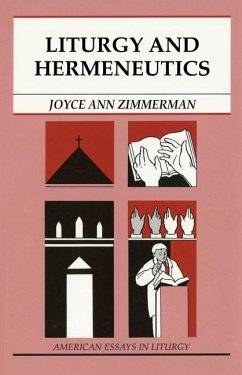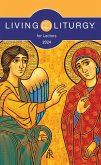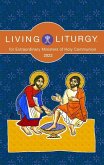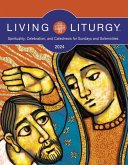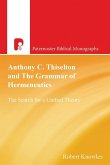By its very nature, hermeneutics?the art or science of interpreting?is interdisciplinary. It is equally important for scholars of literature, philosophy, biblical texts, and theology. In spite of the fact that interpretation has long been an important concern for Scripture exegetes and that in recent years liturgists have paid increasing attention to methods, there is no major work that specifically addresses the issues of hermeneutics for liturgy. Liturgy and Hermeneutics fills that void. In Liturgy and Hermeneutics Joyce Ann Zimmerman explains that all communication requires some interpretation, even everyday conversations in which we are hardly aware of it. But a great deal of communication is far more complex. Anytime we try to describe such things as an idea, a concept, or an experience, we are well beyond ordinary language use and into the realm of language as a symbol system. Since symbols have both a literal meaning and another level of meaning available only through interpretation, much of our communication is hermeneutical. Liturgy is no exception; it too is hermeneutical. In the past everything about liturgy seemed clear and understandable, and the rituals were denotative. However, Zimmerman argues, that lack of interpretation may have deprived worshipers of the richness proper to liturgy. A non-interpretive approach to liturgy tends to reduce it to rubrics or received grace. We must likewise be wary of an interpretation of liturgy that is too subjective. Only authentic interpretation examines liturgy's richness while remaining faithful to its tradition, doctrinal content, and ritual expressions. In Liturgy and Hermeneutics Zimmerman specifically addresses hermeneutics and its use in liturgy and liturgical studies. Her purpose is twofold: (1) to introduce readers to a complex body of literature so they can become literate in a technical field; and (2) to guide readers through the complex issues and strategies involved in interpreting liturgy (as text, as ritual, as life). Zimmerman does not promote a single hermeneutic approach, but instead points out the advantages and disadvantages of various approaches. Chapters are "What's at Stake?" ?Overview of Hermeneutical Theory and Issues, ? ?Critical Methods, ? ?Post-critical Methods, ? ?Hermeneutics and Liturgical Studies Today, ? and an epilogue that raises questions yet to be comprehensively addressed by liturgists.

